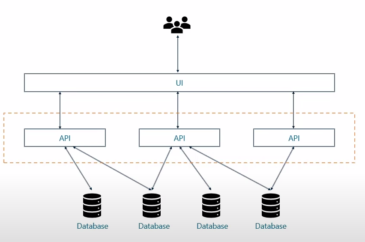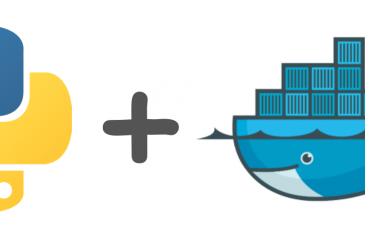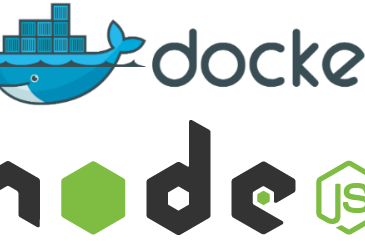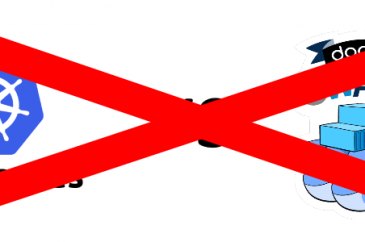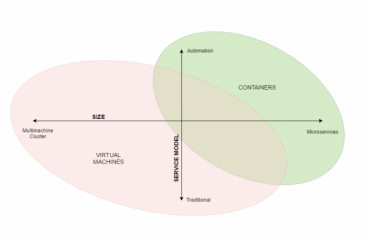
Three Azure-Native Storage Options for Azure Kubernetes Service
Azure Kubernetes Services (AKS) is one of the most versatile platforms on Azure. It can be tailored to run just about any kind of workload that you can throw at it ranging from a simple website to big data that requires access to massively scalable compute. One of the options that is most tunable on…
